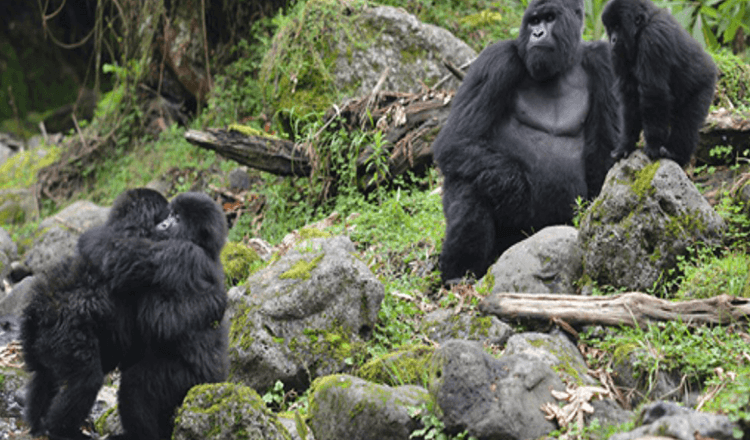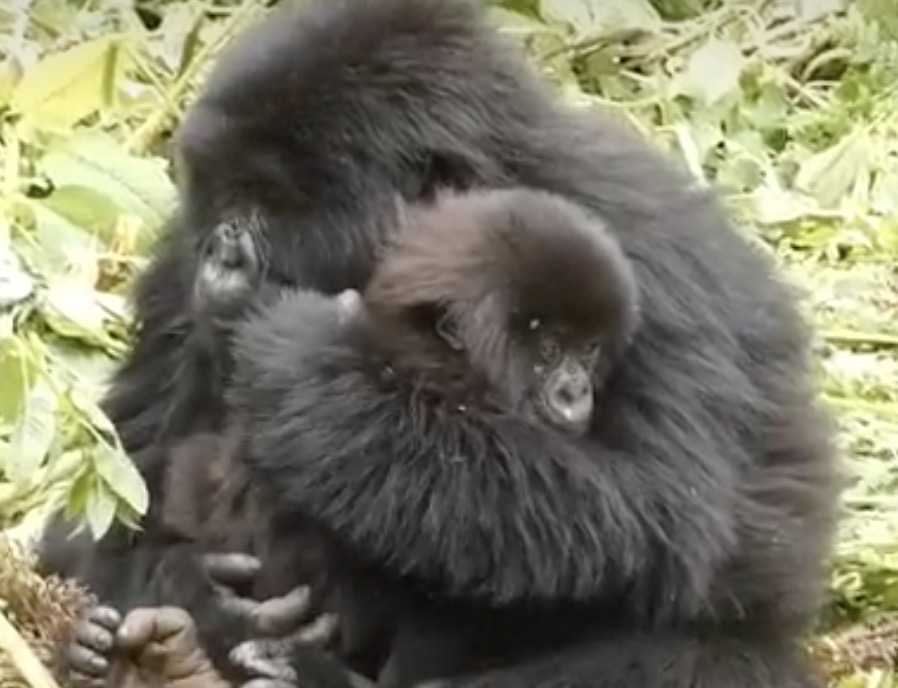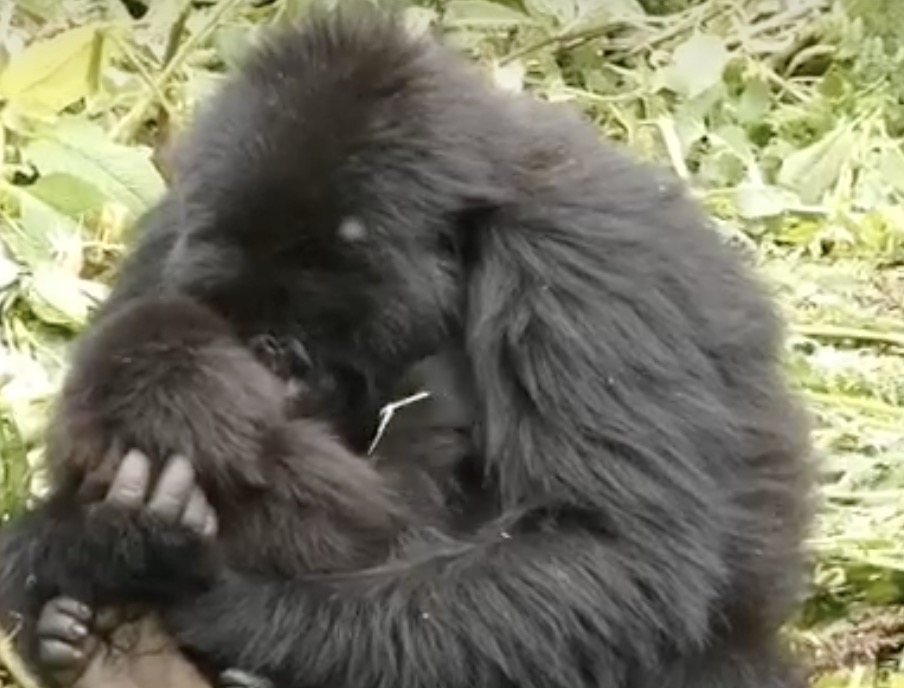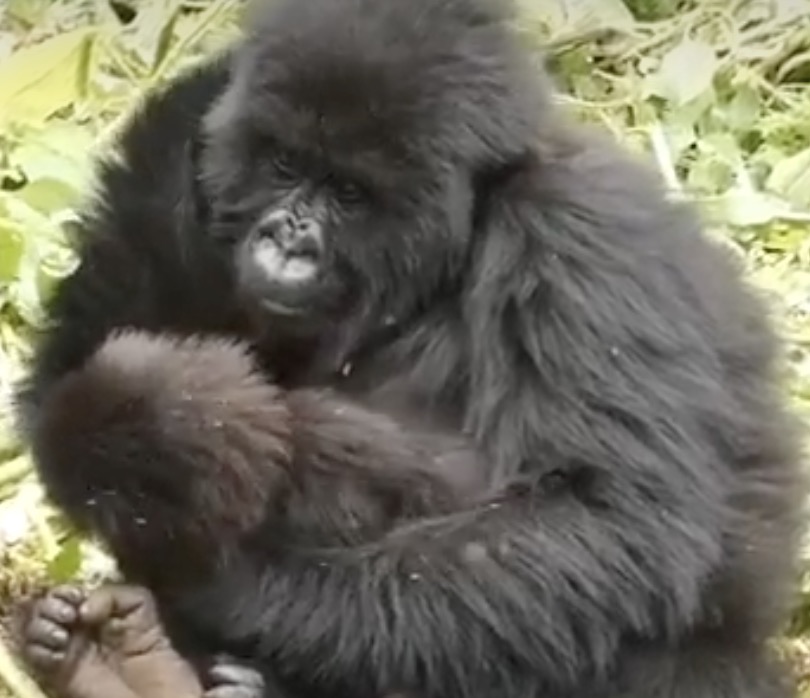Gorillas In The Wild Often Adopt Young Orphaned Apes

A few years back, four female mountain gorillas abandoned their children along with their sick alpha silverback mate. The kids were barely old enough to feed themselves.
It is likely the mothers knew that the children would be safer here since new males have been known to kill infants from other groups. This worries researchers as most mammals risk an early death if they are abandoned by their mothers.

To the researcher’s surprise, a male gorilla called Kubaha, who is the kid’s uncle began to take care of them as if his own. Tara Stoinski, chief scientist of the Dian Fossey Gorilla Fund says, “he let them sleep in his nest and climb all over him like a jungle gym.”

This action from the kid’s uncle turns out to be common amongst mountain gorillas. A recent study which includes 53 years worth of data revealed that young mountain gorillas do not have a higher risk of death after losing their mothers and/or father. This is because the rest of the group will step up to take care of them.

“This paper was really surprising because we know that in primates and most social mammals that it’s really bad to lose your mother if you’re immature,” says behavioral ecologist Matthew Zipple.
Here is a video of a gorilla stepping up and babysitting whenever the mother needs a break:
Other studies have shown that in other apes such as chimps, baboons and monkeys, as well as other social mammals such as orcas and elephants, the young don’t have the same chance of survival when orphaned as young mountain gorillas do.
The gorillas social groups have evolved to protect the infants from any of the negatives gained from losing their mothers.
In a study focusing on 59 gorillas who were orphaned before they were fully mature, compared to 139 non-orphaned gorillas showed that there was no difference in life span or even social rank.
These findings suggest that such altruistic behavior is not exclusive to humans.
Originally appeared on : https://www.sciencemag.org/
Reff: kingdomstv.com
